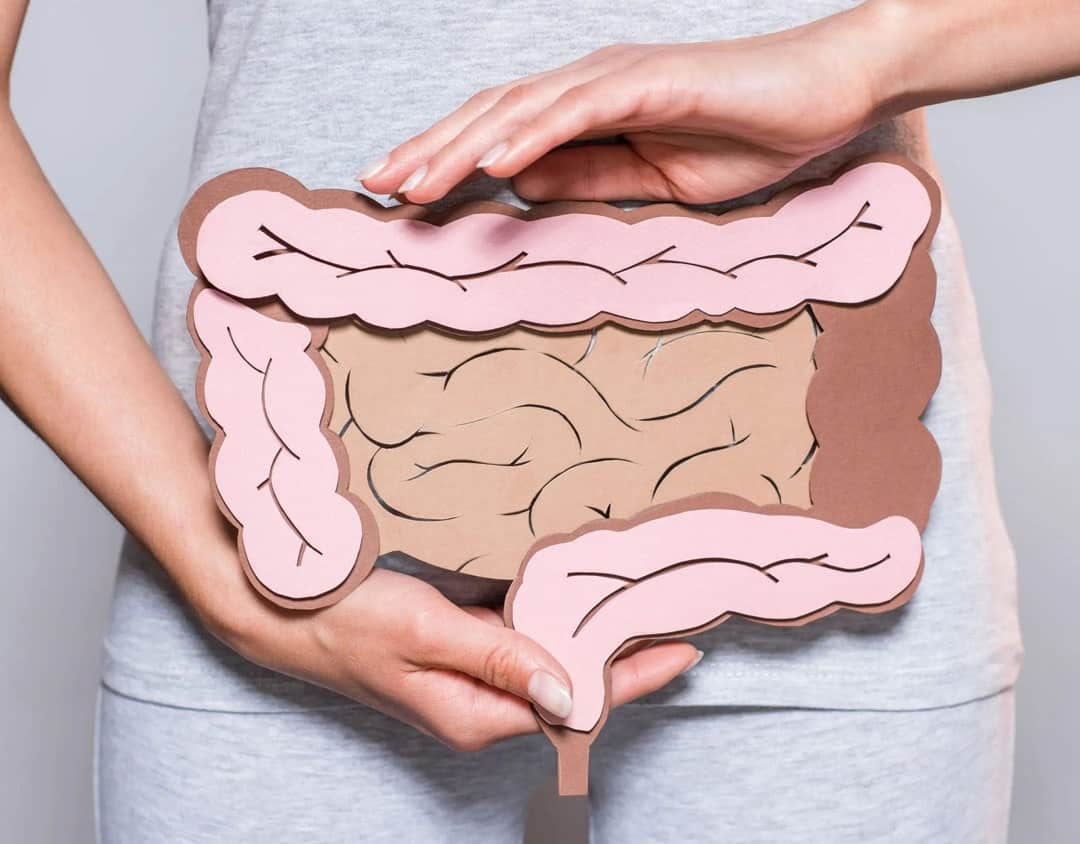Your gut is more than just a part of your digestive system; it’s a critical player in your overall health. From immunity to mental well-being, maintaining a healthy gut is essential for a thriving body and mind. Let’s break down why your stomach is the ultimate gatekeeper to wellness and how you can support it.
What Is Gut Health?
Gut health refers to the balance of microorganisms that live in your digestive tract. These bacteria, fungi, and viruses—collectively known as your gut microbiome—play vital roles in digesting food, absorbing nutrients, and protecting against disease.
When your gut microbiome is in balance, your body functions efficiently. However, an imbalance can lead to digestive problems, inflammation, and even chronic diseases.
The Gut-Body Connection
Your gut doesn’t just process food; it communicates with every part of your body. Here’s how:
– Immune System: About 70% of your immune system resides in your gut. A healthy gut strengthens your body’s defense against illnesses.
– Mental Health: The gut and brain are linked through the gut-brain axis. Imbalances in your microbiome can affect mood, anxiety, and even conditions like depression.
– Weight Management: Gut bacteria influence how your body stores fat and regulates appetite, impacting your ability to maintain a healthy weight.
Signs of an Unhealthy Gut
Your gut might be sending warning signals if you experience:
– Persistent bloating, gas, or diarrhea
– Food intolerances
– Unexplained fatigue
– Skin issues like eczema
– Frequent colds or infections
How to Support a Healthy Gut
Maintaining gut health doesn’t have to be complicated. Here are some science-backed tips:
1. Eat a Diverse Diet: Include fiber-rich foods like fruits, vegetables, whole grains, and legumes to feed beneficial bacteria.
2. Incorporate Probiotics and Prebiotics: Probiotics, found in yogurt and fermented foods, add good bacteria to your gut. Prebiotics, found in foods like garlic and bananas, nourish these bacteria.
3. Stay Hydrated: Drinking enough water supports digestion and nutrient absorption.
4. Limit Processed Foods: Avoid excessive sugar, artificial sweeteners, and preservatives, which can disrupt your microbiome.
5. Manage Stress: Chronic stress harms your gut. Practices like meditation, yoga, or even regular exercise can reduce its impact.
When to Seek Professional Help
If dietary changes don’t improve your symptoms, consult a healthcare professional. They can help identify underlying conditions or recommend targeted treatments like probiotics or medication.
Final Thoughts
Your gut is the foundation of your health. By nurturing it with balanced nutrition, stress management, and hydration, you’re setting yourself up for long-term wellness. Remember, small, consistent changes can make a big difference in how you feel inside and out.
Take charge of your gut health today—your body will thank you!





